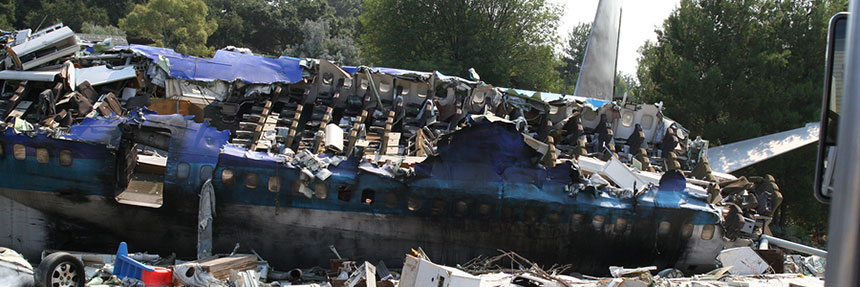Excess & Surplus Lines Insurance Expert Witness


Surplus lines carriers write coverage for hard to place risks usually not written by standard markets. Risks typically written as surplus lines include aviation, pharmaceutical Product Liability, Ocean Marine, and Excess Flood.
Call (817) 980-4897 to discuss your case with Insurance Expert Witness Burl Daniel.
Underwriting factors which may require coverage to be placed in Surplus Lines markets include:
- Complexity of the account (i.e. - oil refineries, multi-state contractors, international operations).
- Distressed (i.e. - vacant buildings, high fire hazard, high loss ratio for Commercial Auto).
- Unique (i.e. - special events, wildlife parks, contractual liability issues).
- Capacity (i.e. - large construction projects, very high limits of liability required, catastrophe exposures, layered limits of liability).
Insurance companies licensed specifically in a particular state are known as “admitted carriers” or the “standard markets”. These carriers are highly regulated with their policy forms and rates requiring approval by state insurance departments. Regulators closely monitor their financial condition and market conduct. Regulators collect a small percent of written premiums to finance each state’s “guaranty fund” which provide a policyholders’ safety net when an “admitted” carrier enters receivership or files bankruptcy. In the standard markets segment, the insurance agent’s customer is the policyholder, and the insurance agent (or agency) is typically appointed by contract to represent a carrier.
In contrast, “Excess & Surplus” lines insurance companies are known as “non-admitted carriers” or “non-standard markets” (state regulators also use the surplus lines terms “eligible”, “unlicensed”, and “alien” insurers). State insurance departments generally maintain a list of “approved” surplus carriers based to a great extent on each carrier’s financial condition. However, surplus lines carriers can be far more flexible due to minimal regulation of policy forms and rates. While premium taxes are collected, there is no guaranty fund protection for policyholders. Because the retail insurance agent placing coverage is considered the customer of a (wholesale) surplus lines agent, there is little or no direct contact between a surplus lines agent and the policyholder. Surplus lines agents write policies through direct carrier appointments, as managing general agents for a carrier and/or submit accounts to carriers on a one-shot brokerage basis with no contract.
Mr. Daniel’s expertise was developed from thirty-plus years dealing with Surplus Lines insurance. His experience includes extensive interface with wholesale surplus lines agents, managing general agents, and the nuances of structuring coverage using non-standard policy forms.
